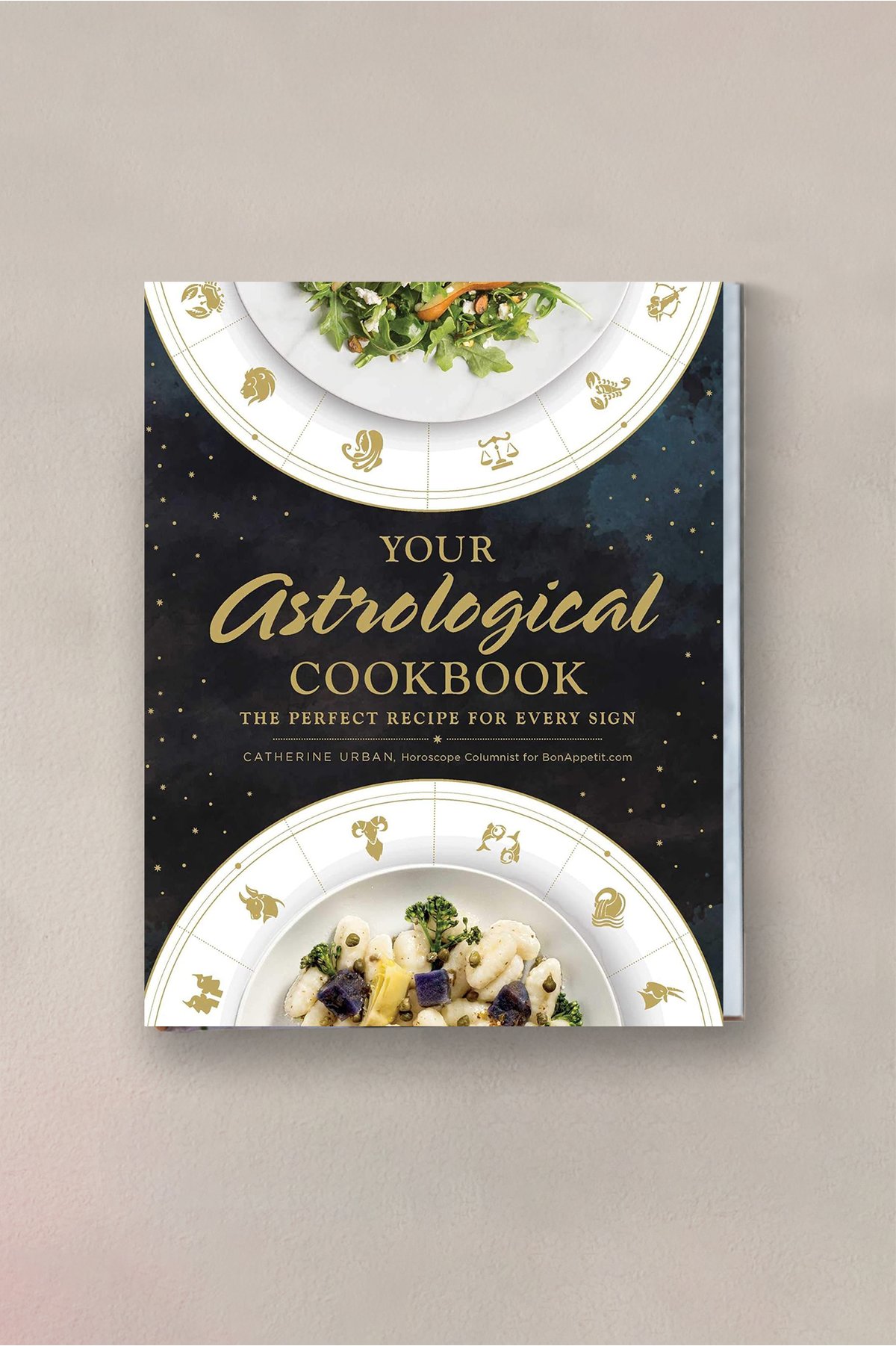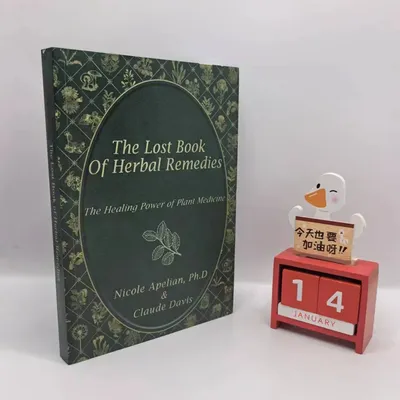In this game-changing revisionist history, a leading scholar of the Renaissance shows how four powerful women redefined the culture of European monarchy in the glorious sixteenth century. The sixteenth century in Europe was a time of chronic destabilization in which institutions of traditional authority were challenged and religious wars seemed unending. Yet it also witnessed the remarkable flowering of a pacifist culture, cultivated by a cohort of extraordinary women rulers-most notably, Mary Tudor, Elizabeth I, Mary, Queen of Scots, and Catherine de' Medici-whose lives were intertwined not only by blood and marriage, but by a shared recognition that their premier places in the world of just a few dozen European monarchs required them to bond together, as women, against the forces seeking to destroy them, if not the foundations of monarchy itself. Recasting the complex relationships among these four queens, Maureen Quilligan, a leading scholar of the Renaissance, rewrites centuries of historical analysis that sought to depict their governments as riven by personal jealousies and petty revenges. Instead, When Women Ruled the World shows how these regents carefully engendered a culture of mutual respect, focusing on the gift-giving by which they aimed to ensure ties of friendship and alliance. As Quilligan demonstrates, gifts were no mere signals of affection, but inalienable possessions, often handed down through generations.











